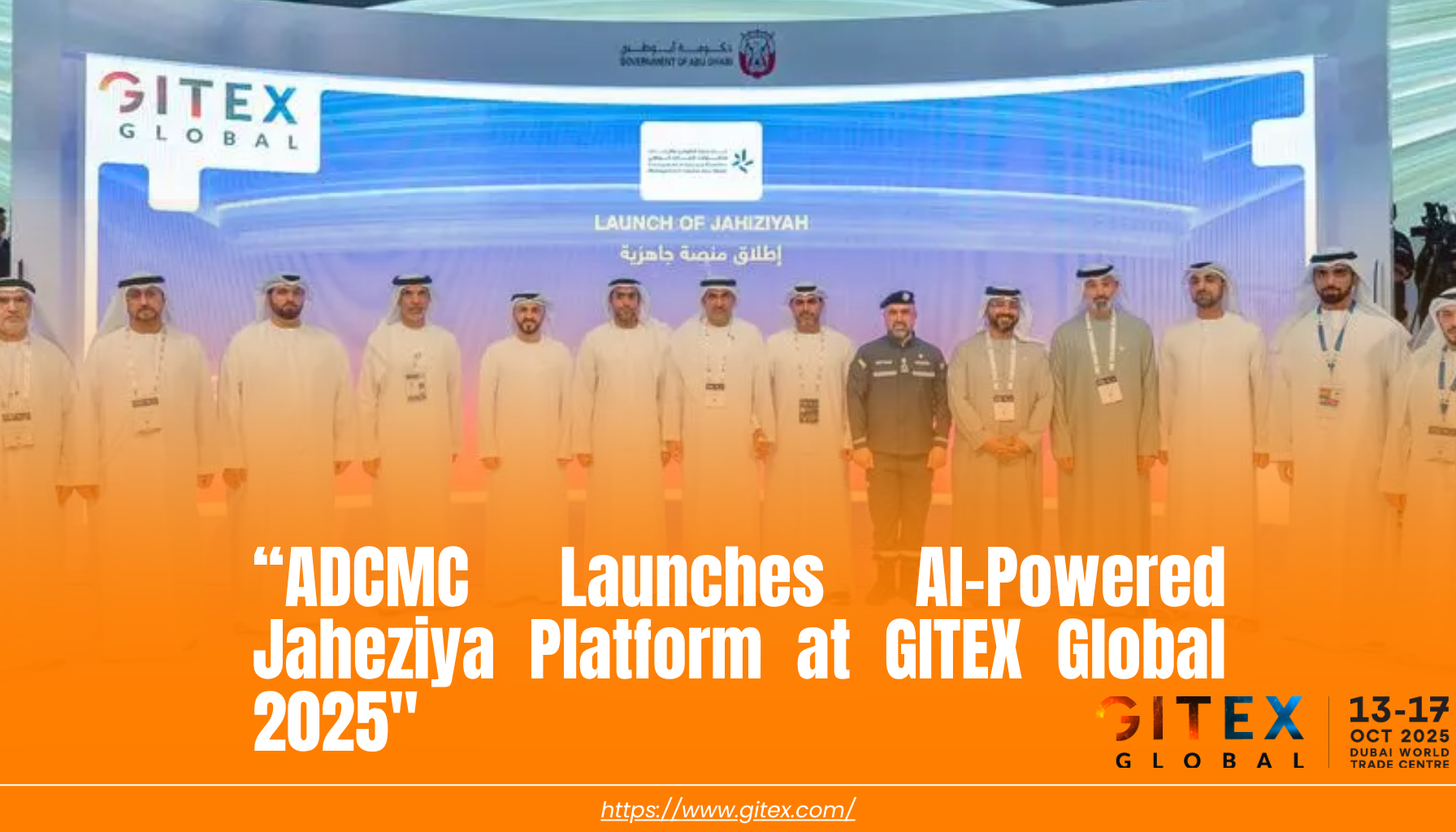
Healthcare-focused AI lab Voio has emerged from stealth $8.6 million in seed funding.
The company announced the funding Thursday (Nov. 20), saying its initial focus is on constructing a “unified reading platform” that helps radiologists “across every scan and modality.” To that end, Voil launched Pillar-0, an open-source artificial intelligence (AI) model that interprets medical images directly to recognize hundreds of conditions.
“Radiologists shouldn’t have to choose between speed and quality,” Dr. Maggie Chung, the company’s co-founder and medical lead, said in a news release.
“Our goal is to make radiology reporting seamless by drafting full reports and connecting images, history, and prior exams into one intelligent platform that feels natural to use. By re-designing the reporting experience from the ground up, we can reduce unsatisfying grunt work and let radiologists focus on patient care.”
According to the release, the company is focused on addressing a workforce shortage “capacity gap” in the radiology field, where 375 million CT scans are performed each year. This has led to longer turnaround times, and diagnostic delays that hinder care.
“Currently, radiology reporting requires constant context-switching between the image viewer, reporting software, EHR, and AI tools,” the release added. “This fragmentation takes time away from image interpretation and fuels burnout.”
Voio said it “restores balance with a unified reading environment powered by frontier vision-language models,” which interpret exams and draft high-quality reports so radiologists can review and finalize more quickly and accurately.
Writing about the adoption of AI in the medical field last month, PYMNTS noted that unlike other sectors “where results aren’t always the deciding factor, AI in healthcare scales only on proof.”
For example, in cancer diagnostics, adoption depends on consistent, concrete results trusted by doctors that insurers are willing to reimburse.
This year has seen health-related AI projects attract major levels of funding, with $7.9 billion flowing into the field in just the first half of the year, and companies like Ambience Healthcare raising $243 million in a single round.
“But enthusiasm is tempered by the reality that not all AI delivers,” PYMNTS wrote. “Attempts to predict genetic mutations from pathology slides have produced sensitivities as low as 60 percent, eroding trust among clinicians and slowing adoption. For executives, the signal is clear: investment momentum is strong, but adoption depends on evidence that stands up in practice.”
Source: https://www.pymnts.com/




